OUR BEST PRACTICE
“MIET & Advanced Operational Paradigm Effectiveness”
Objective of the Practice
The institution is committed to achieving academic excellence and fostering holistic student development, guided by a central mission to contribute to society. Every stakeholder of MIET within the institution is urged to develop a strong sense of social responsibility and make their contribution to this shared and noble cause.
With this in mind, the institution has initiated a set of academic and administrative practices that are fundamental to any educational institution. These include MIET’s innovative practice of Classroom Visitation during the course of the lectures, ICT-enabled infrastructure, faculty development programs (FDP), and a commitment to gender equality. These practices are upheld with the utmost regard and commitment within the institution.
The Context
It is widely recognized that any constructive endeavor encounters its share of challenges, and the institution is no exception. The primary challenge is the rigid curriculum, which serves as the framework around which all academic and administrative activities are organized. As the principal governing authority, faculty members are often consumed by their obligations, such as conducting sessional exams, invigilating final semester exams, and promptly evaluating answer scripts. In essence, faculty members are engrossed in fulfilling their designated responsibilities, leaving limited time for adhering to the periodically assigned best practices.
Furthermore, despite the institution’s provision of all necessary facilities to the faculty members, occasional departures in the midst of the academic session can create unforeseen and unmanageable situations, obstructing our collective efforts.
The Practice
MIET practices several key initiatives to enhance the overall educational experience:
Class Visitation – One of the best practices which MIET practices to visit in the classrooms by the senior faculty members to evaluate the performance of the faculty and connect with the students. It is done in the very systematic manner.
ICT-Enabled Learning: MIET employs technology in classrooms, enabling interactive learning through videos, simulations, and digital resources. This approach facilitates better communication between students and teachers, improving feedback and access to information.
Weekly Teacher’s Talks: Weekly Teachers Talks for Faculty members actively engage in development to enhance their teaching methods, stay updated in their fields, and develop new research interests.
Holistic Student-Centric Practices: MIET adopts a holistic approach, focusing on students’ overall development, including counseling, mental health support, and extracurricular activities that nurture personal and professional skills.
Gender Sensitization: The institute promotes gender sensitization, fostering an inclusive environment that respects diversity and strives for gender equality, reducing gender-based violence and discrimination. These programs empower students to advocate for social justice and equality in their communities.
Evidence of Success
The institute’s success is evidenced by its comprehensive policies, including Mentorship, ICT Integration, Research Promotion, and Gender Equality. These policies create a conducive environment for the institution. Feedback from stakeholders validates their effectiveness. New suggestions are incorporated after IQAC’s deliberation. Mentorship connects students with faculty mentors for academic and personal support. The institute prioritizes ICT tools for interactive learning. Gender equality is maintained with equal attention to male and female students and staff. Faculty training programs enhance teaching quality.
Problems Encountered and Resources Required
Challenges include students’ initial reluctance to engage in mentorship, the ever-evolving ICT landscape, and time constraints for research due to university requirements and professional obligations. Additional resources are needed to address these issues.

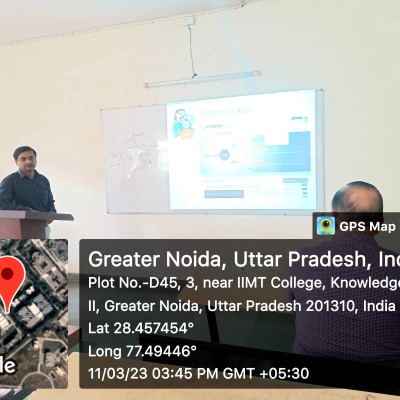
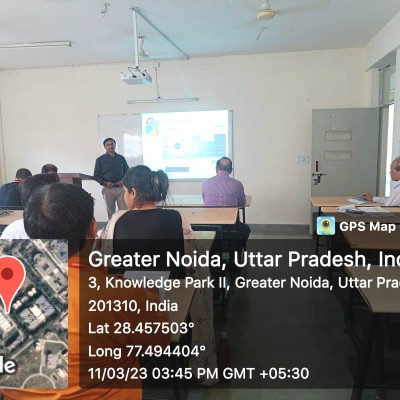
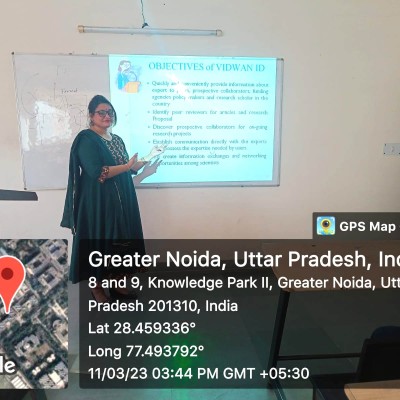
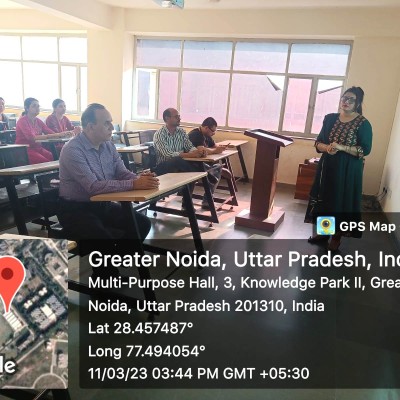
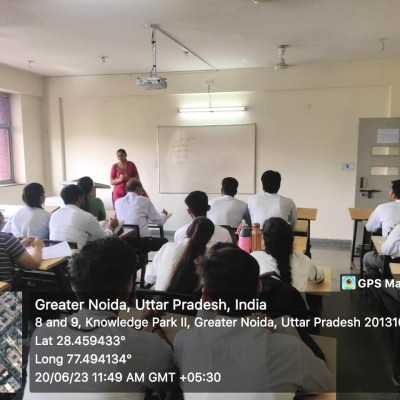
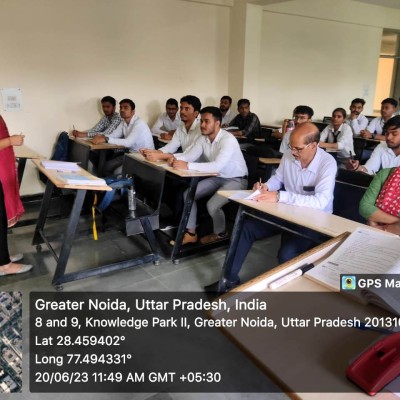
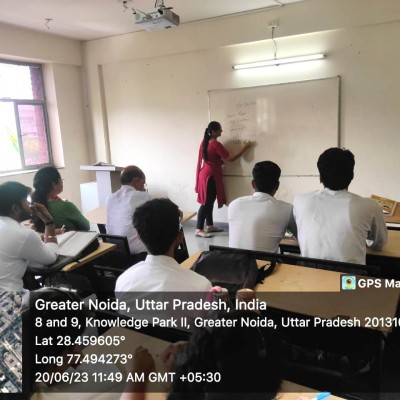
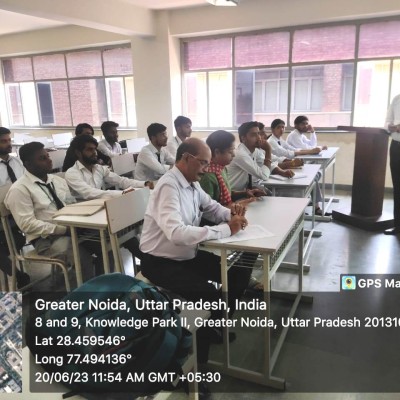
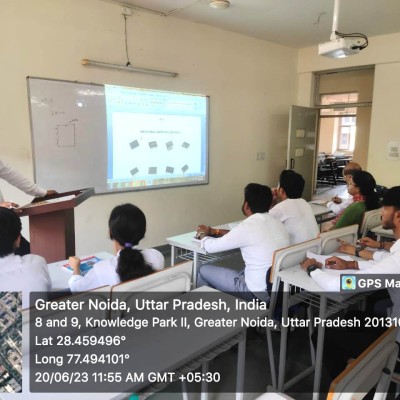
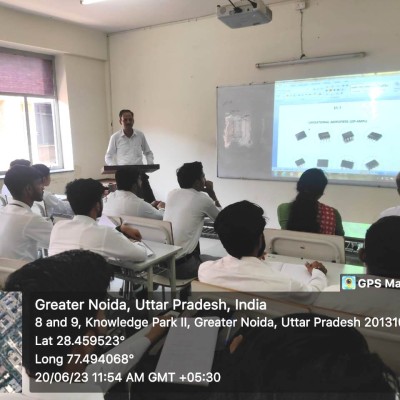
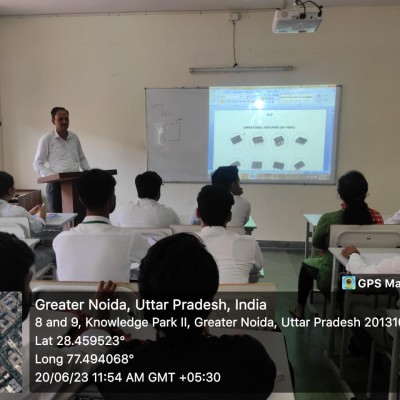
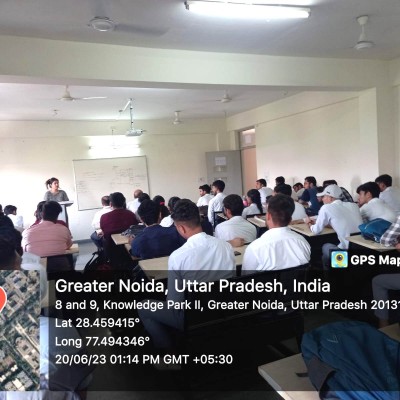
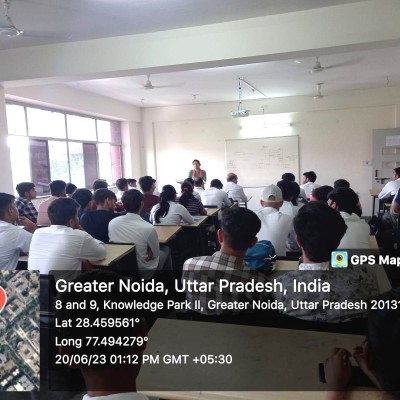
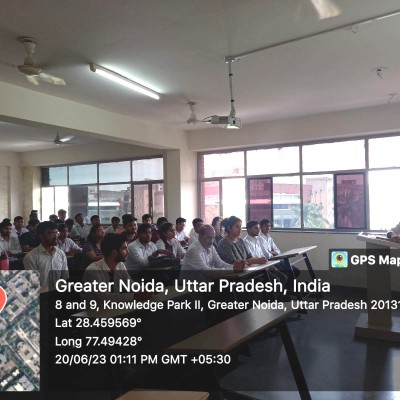
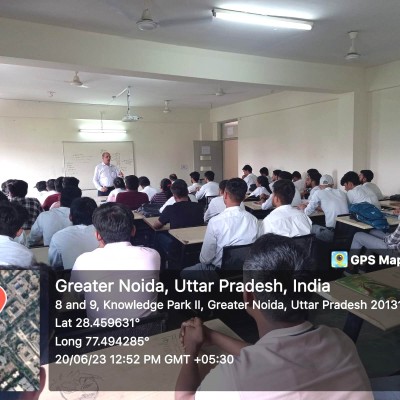
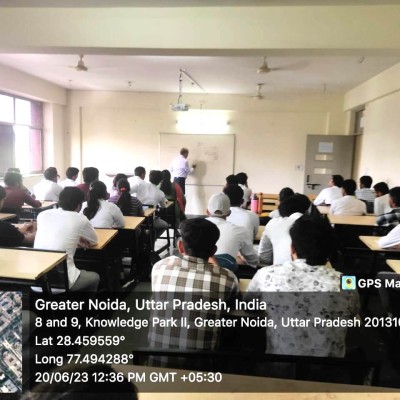
Follow Us